Ineffective Assistance Of Counsel
Ineffective assistance of counsel refers to a legal claim raised by a convicted defendant, asserting that their attorney’s performance was so deficient that it deprived them of their constitutional right to counsel, as guaranteed by the Sixth Amendment to the U.S. Constitution. To establish this claim, a defendant must demonstrate that the attorney’s performance fell below an objective standard of reasonableness and that the deficient performance prejudiced the defense to the extent that the outcome of the trial was likely affected.
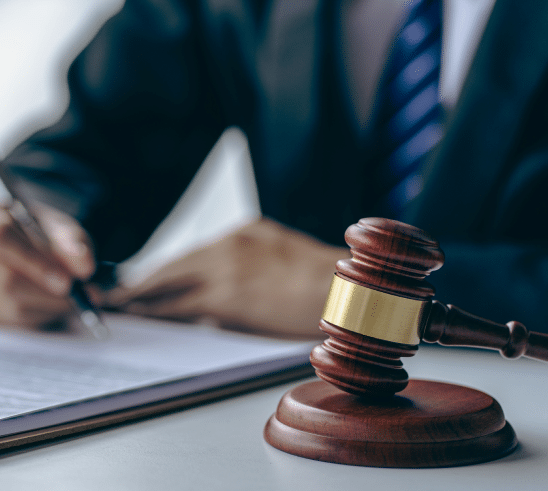
Improperly Admitted Character Evidence
Character evidence, which refers to testimony or documents that describe a person’s character, is generally inadmissible in court to prove that on a particular occasion, the person acted in accordance with that character. However, this evidence may be improperly admitted if it is used to persuade the jury of a defendant’s propensity to commit a crime, which can unfairly prejudice the jury against the defendant. The rules governing the admissibility of character evidence are designed to ensure that convictions are based on evidence of the specific incident in question, rather than on general character assessments.
Improper Shift Of The Burden Of Proof By The Prosecutor
The burden of proof in criminal trials lies with the prosecution, which must prove the defendant’s guilt “beyond a reasonable doubt.” An improper shift occurs when the prosecutor suggests that the defendant must prove their innocence or provide an explanation for the evidence presented against them. This undermines the legal principle that a defendant is presumed innocent until proven guilty.
Improper Jury Instructions
Jury instructions are guidelines given to the jury by the judge, explaining the laws relevant to the case and outlining the standards that must be met to find the defendant guilty or not guilty. Improper jury instructions occur when these guidelines are misleading, confusing, incomplete, or fail to accurately state the law, potentially leading to an unfair trial. Errors in jury instructions can significantly impact the jury’s understanding and decision-making process.
Failure Of Judge To Provide Required Jury Instructions
A judge is required to instruct the jury on all legal principles and relevant laws necessary for making an informed decision. Failure to provide these instructions, or providing incomplete instructions regarding critical elements of the crime charged, can result in a miscarriage of justice. Such omissions can be grounds for appeal if they likely affected the outcome of the trial.
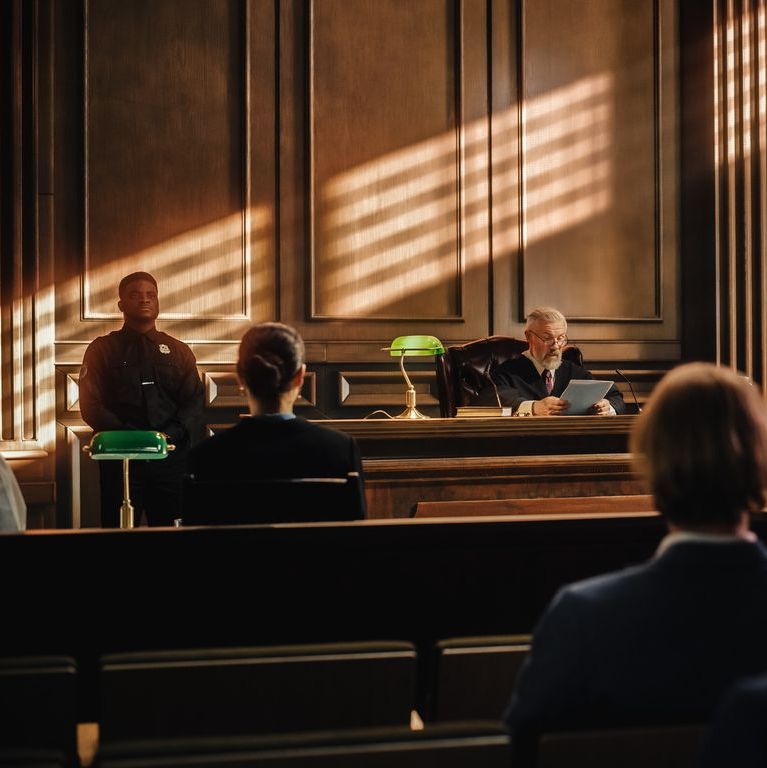
Witness Was Improperly Excluded
The exclusion of witnesses can occur if the court deems their testimony irrelevant, prejudicial, or redundant. However, if a witness who could provide material evidence favorable to the defendant is improperly excluded, this may have violated the defendant’s constitutional right to a fair trial. The right to call relevant witnesses is a fundamental aspect of a fair trial, and improper exclusion can be challenged on appeal.
Cross Examination Was Improperly Limited
Cross-examination is a key component of the adversarial system, allowing the defense to challenge the credibility and reliability of prosecution witnesses. When a judge improperly limits cross-examination, it can prevent the exposure of a witness’s potential biases, lack of knowledge, or unreliability, thereby affecting the defendant’s right to a fair trial.
Defendant’s Statement or Confession Was Improperly Admitted
Statements or confessions by the defendant can be improperly admitted into evidence if they were obtained in violation of the defendant’s constitutional rights, such as the right against self-incrimination or the right to counsel. For example, a confession of a person in police custody that was obtained without the defendant being advised of their Miranda rights (right to remain silent and right to an attorney) should be excluded from the trial.
Denied Your Choice Of Attorney
The Sixth Amendment guarantees the right to be represented by an attorney of one’s choice. Denial of this right can occur if a court unjustifiably denies a defendant the attorney they have selected without a valid reason, such as a conflict of interest or other substantial grounds. This denial can impact the fairness of the trial process and the defendant’s right to the counsel of their choice.
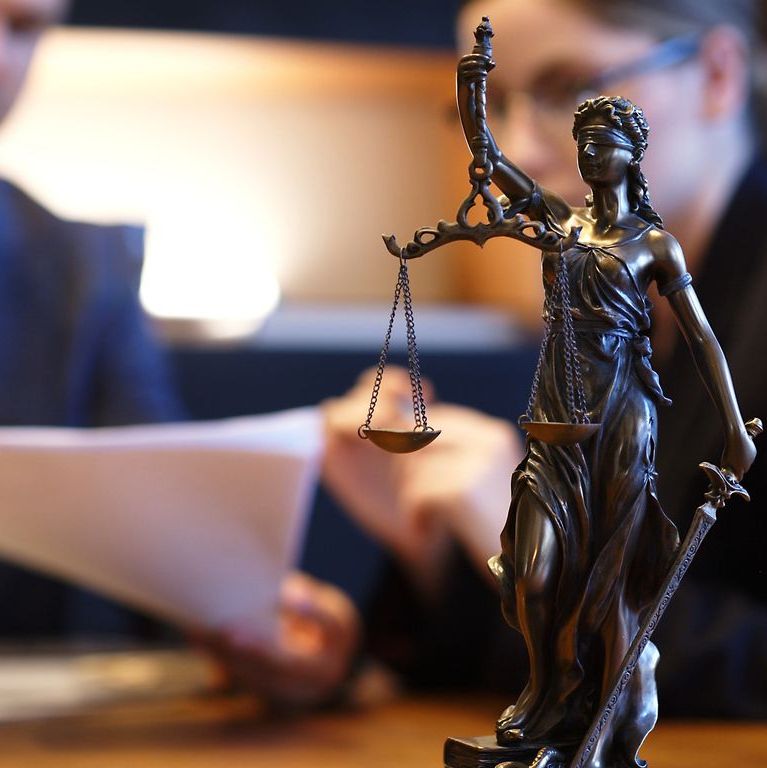
Denied Right of Self Representation
The right to self-representation, also known as pro per representation, is the ability of a defendant to represent themselves in court without the assistance of an attorney. This right is protected by the Sixth Amendment, which guarantees the right to counsel, but also allows for self-representation if the defendant chooses to do so. Denial of this right can occur if a court unjustifiably denies a defendant’s request to proceed pro per, potentially infringing on their constitutional right to participate in their own defense.
Suppression Motion Was Improperly Denied
A suppression motion is a legal claim raised by a defendant, seeking to exclude evidence obtained in violation of their constitutional rights, such as the right against unreasonable searches and seizures (Fourth Amendment) or the right against self-incrimination (Fifth Amendment). If a court improperly denies a suppression motion, it can allow evidence that was illegally obtained to be used against the defendant, potentially leading to an unfair trial. A denial of a suppression motion made under Penal Code section 1538.5 can also be appealed after a guilty plea, something that is not often available to defendants.
Lack Of Probable Cause
Probable cause is the legal standard required for a warrantless arrest or search. If the arresting officer or searching authority lacks probable cause, the evidence obtained as a result of the arrest or search may be excluded from trial. The lack of probable cause can be challenged on appeal, and if established, it can lead to the suppression of the evidence and potentially the dismissal of the charges.
Lack Of Sufficient Evidence For A Conviction
The prosecution must present sufficient evidence to prove the defendant’s guilt beyond a reasonable doubt. If the evidence presented is insufficient, the defendant may be acquitted or the charges dismissed. A lack of sufficient evidence can be raised as a defense, and if established, it can lead to the dismissal of the charges or a new trial. Lack of sufficient evidence to sustain the conviction may also be a viable claim on appeal.
Faulty Line-Up Was Improperly Admitted
Line-ups and in-field show-ups are procedures used to identify a suspect. If the line-up is faulty, meaning it is improperly done or unduly suggestive, it can lead to an unreliable identification. If preserved at trial, the admission of a faulty line-up into evidence can be challenged on appeal, as it can potentially lead to an unfair trial and a wrongful conviction.
Defendant’s Fifth Amendment Right Against Self-Incrimination Was Violated
The Fifth Amendment protects individuals from being forced to testify against themselves in a criminal trial. If a defendant’s Fifth Amendment rights are violated, such as through the use of coercive tactics or the threat of prosecution for refusing to testify, it can lead to the exclusion of any statements made during the interrogation.
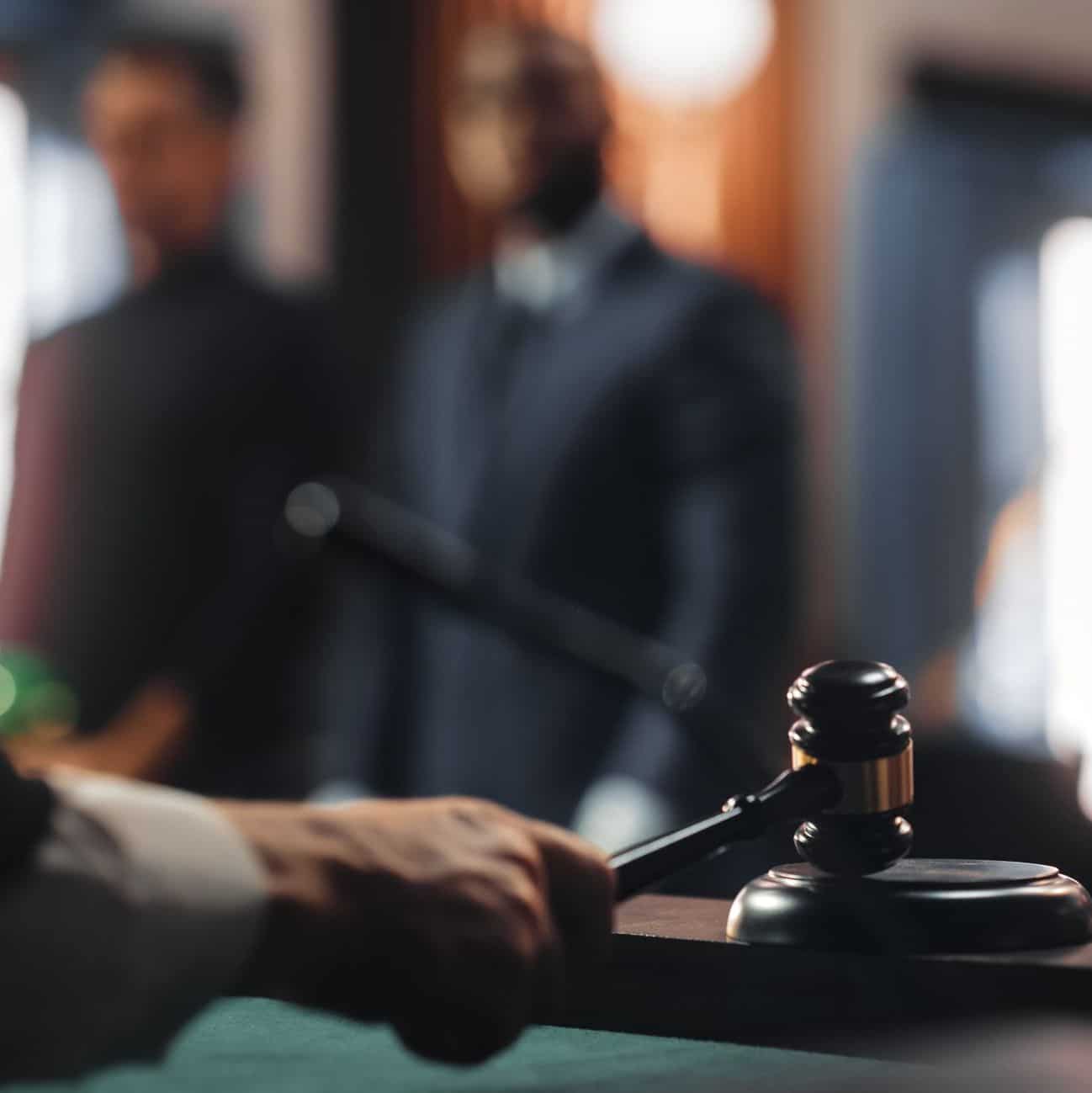
Violation of Double Jeopardy
Double jeopardy is the constitutional protection against being tried twice for the same offense. If a defendant is tried and acquitted, they cannot be retried for the same offense. Violation of double jeopardy can occur if a defendant is retried for the same offense after being acquitted or the charges were dismissed.
Violation of Right to Speedy Trial
The Sixth Amendment guarantees the right to a speedy trial. If a trial is delayed excessively, it can infringe on the defendant’s right to a fair and timely trial. A violation of the right to a speedy trial can lead to the dismissal of the charges.
Case Was Incorrectly Joined with Co-Defendant
Joining multiple defendants in the same trial can be problematic if the defendants have different legal interests or if the evidence against each defendant is not the same. If a case is improperly joined with a co-defendant, it can lead to unfairness and potentially result in an unfair trial.
Jury Trial Was Improperly Denied
The right to a jury trial is a fundamental aspect of the U.S. criminal justice system. If a defendant is denied the right to a jury trial, it can be a significant infringement on their constitutional rights. Denial of a jury trial can occur where the jury was not the fact finder on material issues, or where the defendant has waived their right to a jury trial. Such a waiver may be challenged if it was not knowing, intelligent, and voluntary.
Mental Incompetence
Mental incompetence, also known as mental illness or mental disability, refers to a defendant’s inability to understand the nature and consequences of the legal proceedings against them or to assist in their own defense due to a mental disorder or developmental disability. This can include conditions such as schizophrenia, bipolar disorder, or intellectual disability. If a defendant is found mentally incompetent, the court may order them to undergo treatment to restore their competency, and the trial may be delayed or postponed until they are competent to stand trial.
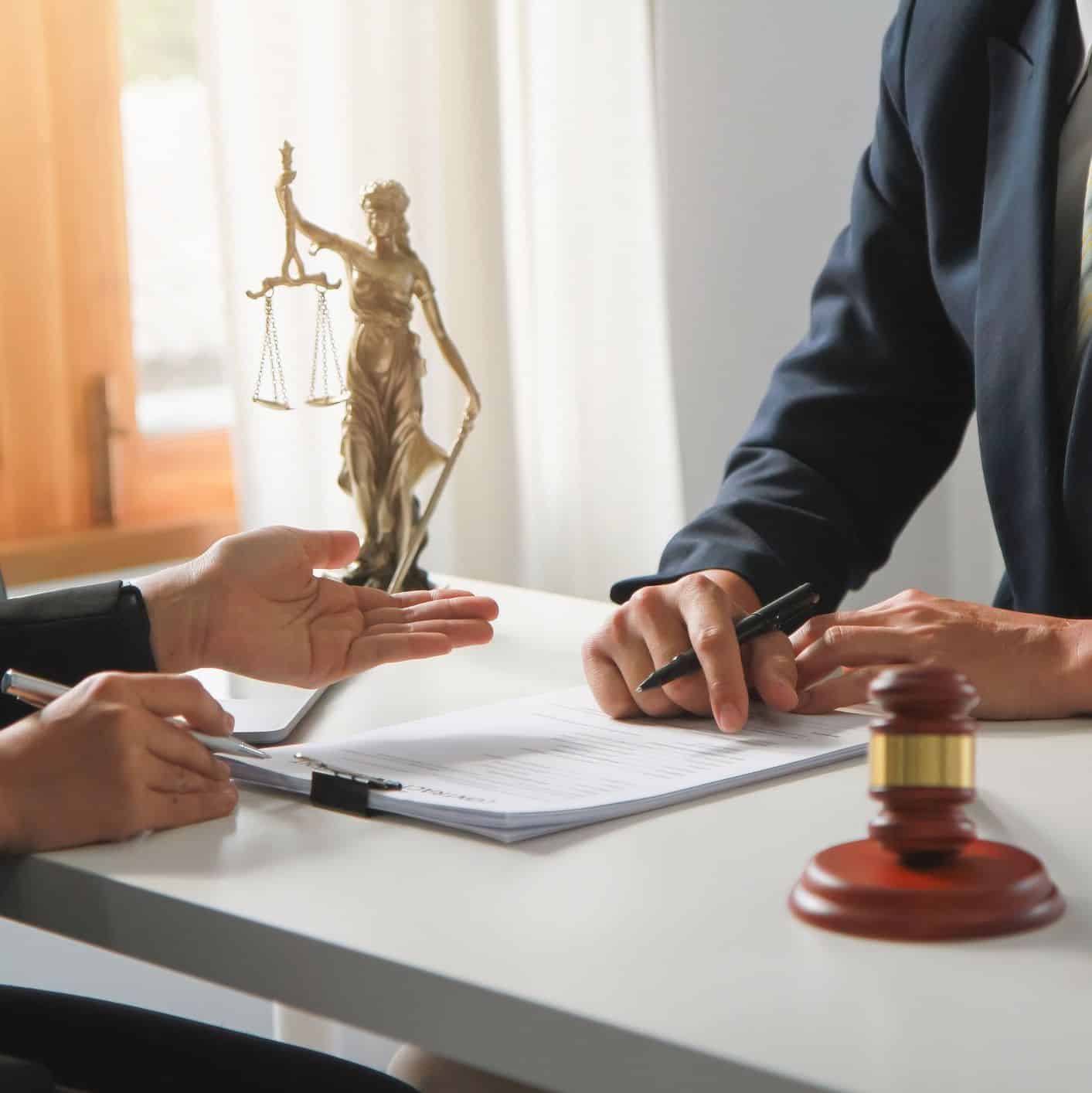
Overly Broad Statute Defining Offense Is Unconstitutional
The Constitution guarantees due process and the right to be free from arbitrary and capricious laws. An overly broad statute defining an offense can be unconstitutional if it fails to provide adequate notice of the conduct prohibited or if it is so vague that it allows for arbitrary enforcement. This can lead to unfairness and potential violations of due process.
Violation of Defendant’s First Amendment Rights
The First Amendment protects the right to freedom of speech, assembly, and association. Violations of these rights can occur if a defendant is restricted from exercising these freedoms during the trial process, such as through the use of gag orders or restrictions on political speech. These restrictions must be narrowly tailored to serve a compelling government interest and leave open alternative channels of communication.
Improperly Closed Courtroom
The right to a public trial is a fundamental aspect of the U.S. criminal justice system. Improperly closing the courtroom can infringe on this right, potentially denying the public and the media access to the trial proceedings. This can occur if the court restricts access to the courtroom without a valid reason, such as to protect sensitive information or to maintain order.
Someone Improperly Interfered with Jury Deliberations
Jury deliberations are a critical aspect of the trial process, and any interference with them can undermine the fairness and integrity of the trial. This can include attempts to influence the jury’s decision or to intimidate or coerce them into reaching a particular verdict. Jury misconduct can also occur, and should be investigated where suspected.
Defendant’s Actual Innocence
Actual innocence is a defense that asserts that the defendant did not commit the crime for which they were convicted. This can be raised defense at trial, or on a habeas corpus petition after conviction. If established, this claim can lead to the reversal of the conviction and potentially the defendant’s release from custody.
Sentencing Mistake
Sentencing errors can occur if the court incorrectly calculates the sentence, improperly applies sentencing law and factors, or fails to exercise its discretion, for example, to strike or stay punishment on enhancements. These errors can be challenged on appeal, and if established, they can lead to a new sentencing hearing or the reduction of the sentence.
Violation Of The Statute Of Limitations
The statute of limitations is a time limit within which a crime must be prosecuted. Violation of the statute of limitations can occur if the prosecution fails to bring charges within the specified time frame. A statute of limitation claim is jurisdictional, which means it can be made at any time – at the beginning of the case, at trial, and even after conviction. A statute of limitations violation will lead to the dismissal of the charges, acquittal of the defendant, or reversal of the conviction.
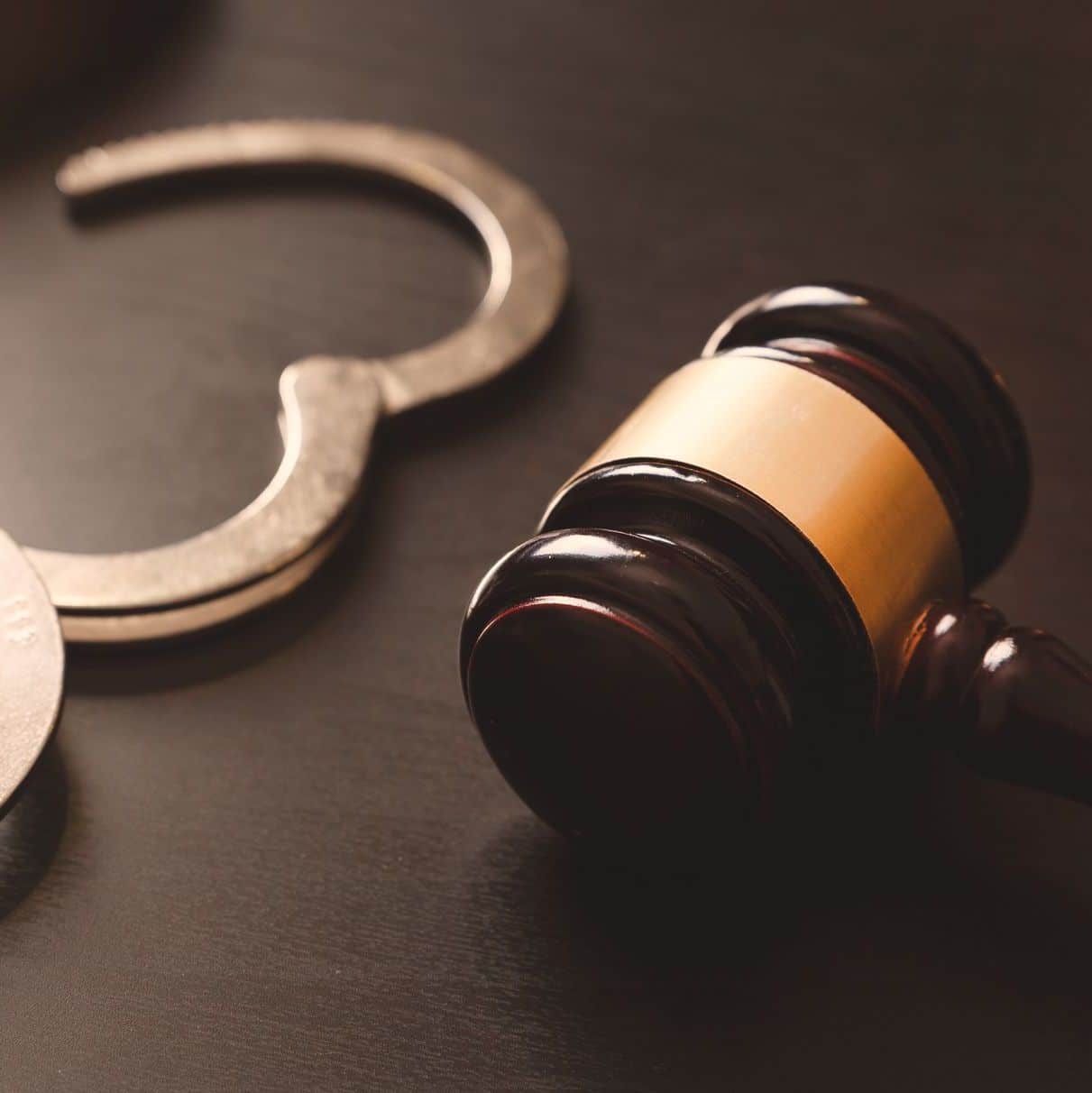
Lack of Subject Matter Jurisdiction
Subject matter jurisdiction refers to the court’s authority to hear a particular type of case. Lack of subject matter jurisdiction can occur if the court lacks the authority to hear the case, such as if the case is outside its geographic jurisdiction or if it involves a matter that is not within its jurisdiction. This can lead to the dismissal of the case or the transfer of the case to a court with jurisdiction.
Change of Venue Motion Was Improperly Denied
A change of venue motion is a request to transfer the trial to a different location due to pretrial publicity, community bias, or other factors that may affect the fairness of the trial. If this motion is improperly denied, it can lead to an unfair trial and potentially a wrongful conviction.
Defendant Was Improperly Restrained in Front of Jury
The use of restraints, such as handcuffs or shackles, can be improper if it is done in a way that is unnecessarily harsh or if it is used to intimidate or humiliate the defendant. This can be a violation of the defendant’s rights and can potentially affect the fairness of the trial.
Jury Allowed to See Shackles, Handcuffs, or Jail Clothes of Defendant
The use of restraints or the display of the defendant’s jail clothes in front of the jury can be improper if it is done to intimidate or humiliate the defendant. This can be a violation of the defendant’s rights and can potentially affect the fairness of the trial.
Note: The above descriptions are general summaries and may not be exhaustive. The specific legal context and facts of each case can influence the application and interpretation of these legal concepts.
Defendant’s Exclusion From The Courtroom During Parts Of The Trial
The right to be present at all stages of the trial is a fundamental aspect of a defendant’s due process rights. Excluding a defendant from the courtroom during parts of the trial can be a violation of this right, potentially depriving them of the opportunity to participate in their own defense or to observe the trial proceedings. This can occur if the court restricts access to the courtroom without a valid reason, such as to protect sensitive information or to maintain order.
Judge’s Communications with Jury Without Defense Counsel Present
The right to a fair trial includes the right to have defense counsel present during all stages of the trial, including communications with the jury. If a judge communicates with the jury without defense counsel present, it can be a violation of the defendant’s right to counsel and potentially undermine the fairness of the trial.
Judge’s Improper Admission of Confession Following Lack of Miranda Warnings
The Miranda warnings are a critical aspect of the Fifth Amendment’s protection against self-incrimination. If a confession is obtained without the defendant being advised of their Miranda rights, it can be an unconstitutional violation of their rights. The admission of such a confession into evidence can be a serious error, potentially leading to an unfair trial.
Judge’s Improper Ruling on Sufficiency of Warrant Motion
A warrant is a legal document issued by a judge authorizing a search or seizure. If a judge improperly rules on the sufficiency of a warrant, it can lead to the exclusion of evidence obtained as a result of the search or seizure. This can be a critical error, potentially affecting the outcome of the trial.
Judge’s Improper Ruling On Identification Procedures Motion
Identification procedures, such as lineups or show-ups, are critical aspects of the trial process. If a judge improperly rules on the admissibility of identification evidence, it can lead to the exclusion of potentially crucial evidence. This can be a serious error, potentially affecting the outcome of the trial.
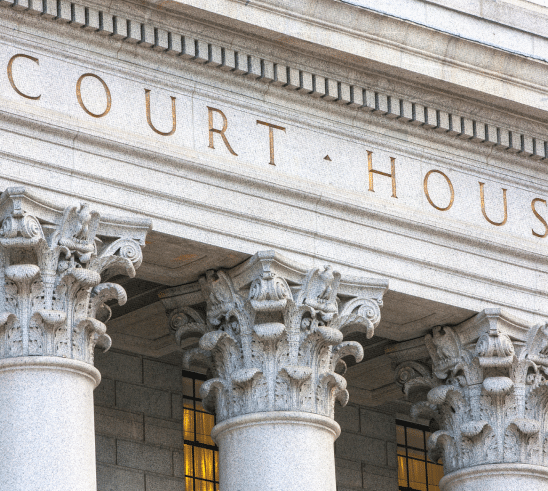
Denied Defense Counsel at Critical Stages of Court Proceedings
The right to counsel is a fundamental aspect of the Sixth Amendment. Denying defense counsel at critical stages of court proceedings, such as during jury selection or closing arguments, can be a serious violation of the defendant’s rights. This can potentially lead to an unfair trial and a wrongful conviction.
Trial Attorney’s Conflict Of Interest
A conflict of interest can occur if a trial attorney has a personal or financial interest in the outcome of the case, or represents another person with interests adverse to the client. This can potentially lead to an unfair trial, as the attorney may be motivated by their own interests or another client’s interest, rather than the best interests of the defendant.
Undue Prejudiced By Pretrial Or Trial Publicity
Pretrial or trial publicity can be a serious issue, potentially leading to an unfair trial. If the publicity is so extensive or sensational that it prejudices the jury, it can lead to an unfair trial and a wrongful conviction.
Improper Challenge of a Juror Due to Juror’s Race/Gender/etc. by Prosecutor
The right to a fair trial includes the right to a jury that is not biased or prejudiced. If a prosecutor improperly challenges a juror based on their race, gender, or other protected characteristic, it can be a violation of the defendant’s right to a fair trial.
Improper Ruling on Expert Testimony
The admissibility of expert testimony is governed by rules of evidence, such as California Evidence Code sections 720 and 801. If a judge improperly rules on the admissibility of expert testimony, it can significantly impact the fairness of the trial. For example, excluding relevant and reliable expert testimony that could have aided the defendant’s case may be grounds for appeal.
Improper or Improperly Filled Out Jury Verdict Form
The jury verdict form is a critical document that guides the jury’s deliberations and memorializes their findings. If the verdict form is improperly structured or filled out, it can lead to confusion, ambiguity, or even an improper verdict. This can be grounds for a new trial or reversal on appeal.
“Golden Rule” Violation by Prosecutor
The “golden rule” argument is a type of improper closing argument where the prosecutor asks the jury to put themselves in the shoes of the victim. This is considered improper because it encourages the jury to decide the case based on emotion rather than the evidence. A prosecutor’s use of a “golden rule” argument can be grounds for a mistrial or reversal on appeal.
Failure To Disclose Exculpatory Evidence By Prosecutor
Prosecutors have a constitutional duty to disclose any evidence that is favorable to the defendant and material to guilt or punishment, known as Brady evidence. This means evidence that will assist the defense in cross-examining prosecution witnesses or evidence that may show the defendant is innocent must be sought out by the prosecution and provided to the defense. Brady evidence also includes evidence that demonstrates the defendant deserves less punishment. Failure to disclose Brady evidence can be a serious violation of the defendant’s due process rights and can lead to a new trial, dismissal of the charges, or reversal on appeal.
Failure To Disclose Relevant Information About A Witness By Prosecutor
In addition to the duty to disclose exculpatory evidence, prosecutors also have an obligation to provide the defense with relevant information about the witnesses they intend to call, such as any deals or benefits the witness has received in exchange for their testimony. Failure to disclose this information can also be grounds for a new trial or other remedies.
Frequently Asked Questions
A conviction can be overturned through appeals, post-conviction relief, or writ petitions if legal errors, constitutional violations, or misconduct affected the trial.
Grounds include procedural and legal errors, incorrect jury instructions, improper admission of evidence, ineffective assistance of counsel, prosecutorial misconduct, and constitutional violations.
If defense counsel provided inadequate representation that prejudiced the outcome, it can be a valid ground for appeal or post-conviction relief.
Yes. Newly discovered evidence that could have changed the trial outcome may justify a motion to vacate or a post-conviction petition.
Misconduct such as withholding evidence, improper statements, or influencing witnesses can provide grounds to challenge or overturn a conviction.
Yes. Violations of rights such as due process, illegal search and seizure, or self-incrimination can be strong grounds for overturning a conviction.
Arguments may focus on procedural and legal errors, incorrect trial court rulings, ineffective counsel, new evidence, or constitutional rights violations.
A petition is filed in the trial or appellate court detailing the grounds for relief, supporting evidence, and the legal basis for overturning the conviction.
Mistakes include incorrect jury instructions, admission of inadmissible evidence, evidentiary errors, or sentencing errors.
Yes. Post-conviction relief, habeas corpus petitions, may still challenge a conviction even after a direct appeal is denied. There are important time limits for filing such petitions.
Time limits vary depending on the relief sought. Appeals generally have 30-60 days, while post-conviction petitions or writs have strict non-statutory deadlines.
Not necessarily. Convictions overturned on appeal often result in the case being sent back to the trial court for further proceedings.
Yes. Writs like habeas corpus or mandamus can be used to request judicial review and correction of an order or conviction based on legal errors or rights violations.
An experienced attorney identifies legal errors, prepares petitions or appeals, presents persuasive arguments, and navigates complex procedural rules to maximize chances of success.
Deadlines are strict, evidence may degrade over time, and legal procedures must be followed precisely. Acting quickly preserves your rights and improves the likelihood of relief.


